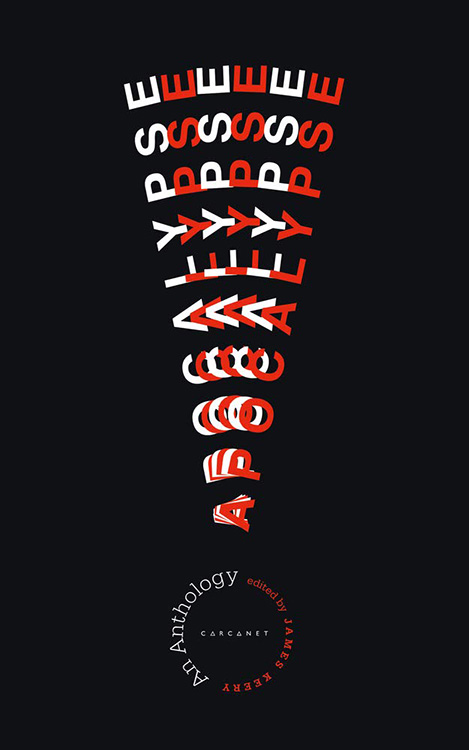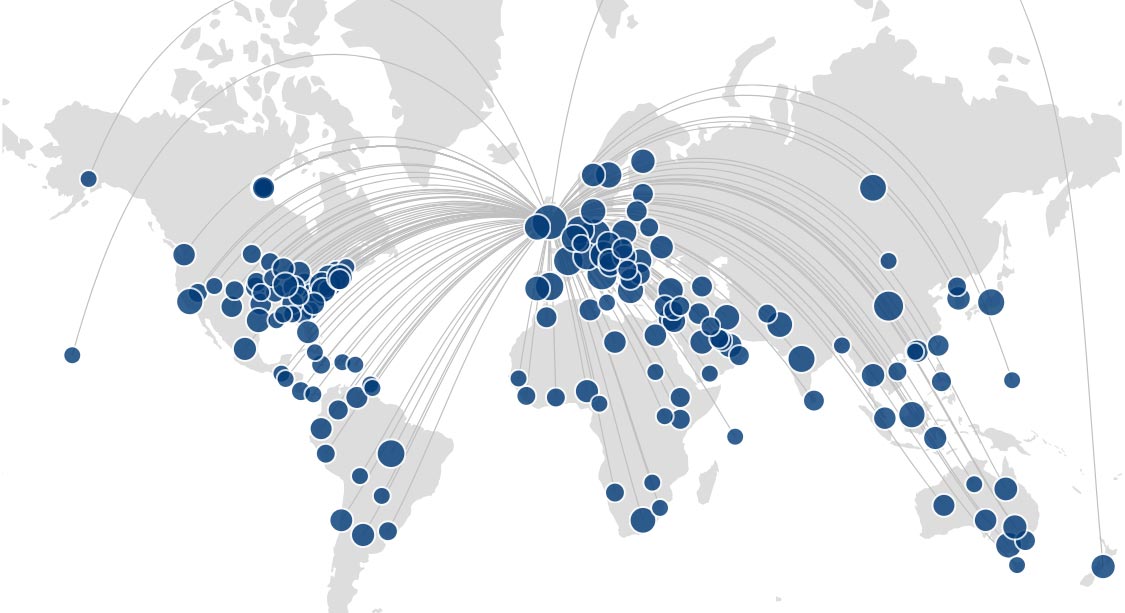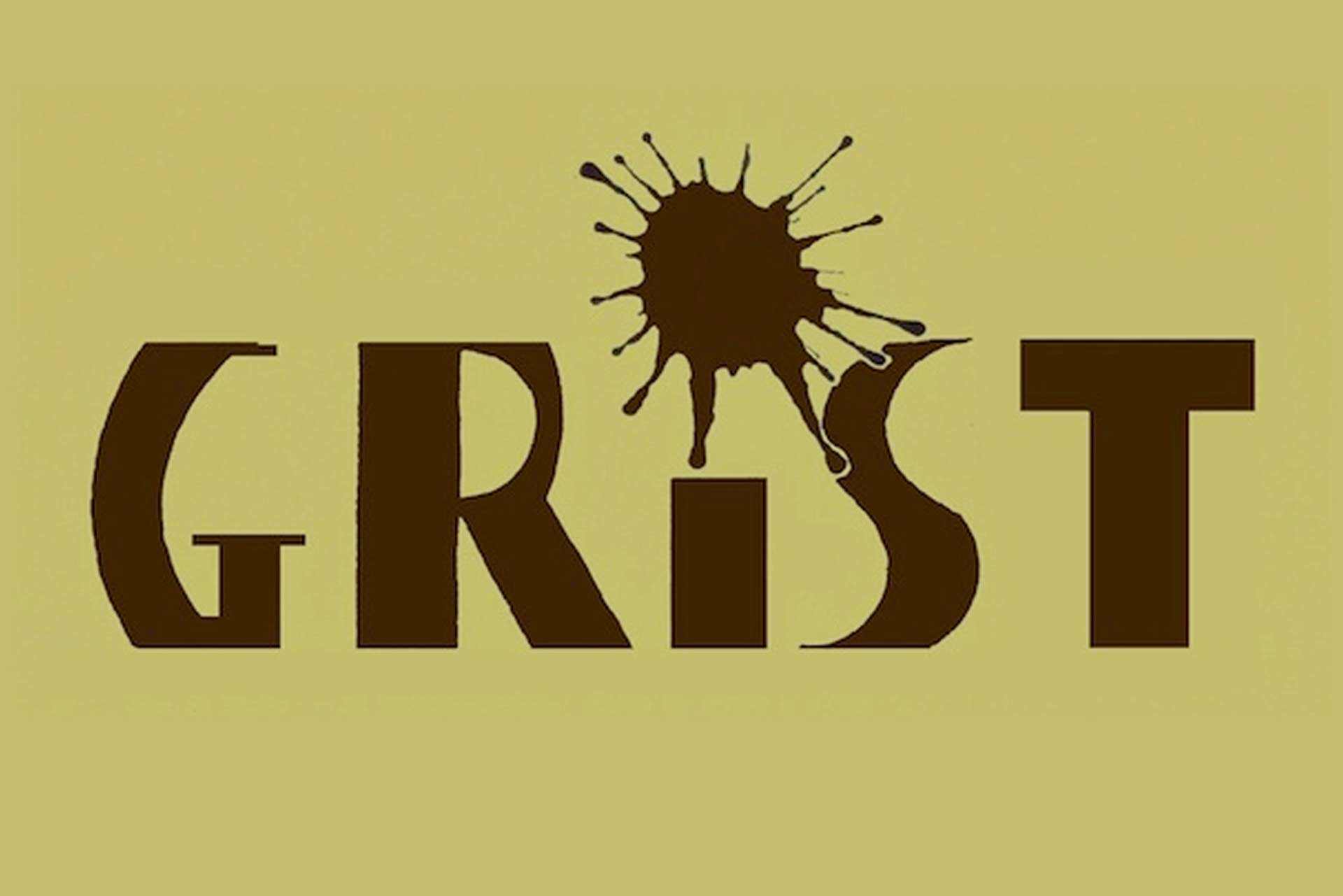Centre for International Contemporary Poetry.

Founded in 2019, the Centre for International Contemporary Poetry promotes research related to contemporary poetry from post-WWII to the present day. It comprises a team of renowned academics and creative writers whose work engages with contemporary poetry in English, and foreign language poetry which has impacted contemporary English-language poetry, in a global, transdisciplinary, and transtemporal context. Building upon the success of the university’s Ted Hughes Network and the Brontë Stones Project, the Centre provides an intellectual space that seeks to foster dialogue amongst a diverse range of scholars and practitioners, including those in the fields of music, fine arts, and architecture. Through its sponsored readings, lectures, symposia, seminars, engagement with the community, and internationally recognized research, the Centre brings together those who are interested in exploring all forms of contemporary poetry and its intersection with issues such as the environment, gender, race, aging, war and violence. The Centre is also home to the University of Huddersfield’s in-house press, GRIST, which publishes leading writers along with emerging voices. The research produced by the Centre has already led to pioneering creative and scholarly approaches to contemporary poetry on the international stage. The Centre welcomes interest from MA and PhD students.
UPCOMING:
Paul Muldoon
'Monstrous Weight: The Influence of Plath and Hughes'
CICP welcomes the internationally acclaimed, Pulitzer Prize-winning poet Paul Muldoon, who will read from his work and discuss the influence of Sylvia Plath and Ted Hughes on his poetry in this free public lecture.
Friday 13th May, 19:00 - 20:00, Diamond Jubilee Lecture Theatre, University of Huddersfield
BOOK HERE

Symposium: Apocalypse II (Legacies of Apocalypse)
University of Huddersfield, Saturday, 12th November, 2022
Organisers: Professor Heather Clark, Dr Steve Ely (University of Huddersfield) & Professor John Goodby (Sheffield Hallam University)
Introduction
After the successful running of Apocalypse I at Sheffield Hallam University (symposium brochure archived here: APOCALYPSE 1 (SHEFFIELD HALLAM) SYMPOSIUM BROCHURE), Apocalypse II will follow on 12th November, 2022, at the University of Huddersfield. Whereas the first symposium focused more closely on the 1940s, the second conference invites proposals exploring the wider context of Apocalyptic poetry. The significance of Apocalypse poetry has most recently been demonstrated in James Keery’s anthology, Apocalypse (Carcanet: 2020). This immediately established itself as the classic text on the subject, and James himself will deliver the opening keynote address to Apocalypse II, as he did to the first symposium.
Call for papers
The impact of 1940s New Apocalypse poetry and its outriders on British and Irish poetry, long suppressed in standard critical narratives, was profound and sustained. Those narratives sought to incorporate on their own Movement and Leavisite-influenced terms poets who drew on the Apocalypse tradition where it could not exclude them; this included such figures as Ted Hughes, Peter Redgrove, Geoffrey Hill, and Sylvia Plath. Some poets such as Ken Smith and Edwin Morgan complicated the picture, but the cold-shoulder was given for long periods to more formally inventive Apocalypse-influenced poets such as Roy Fisher, Rosemary Tonks and W.S. Graham, while the avant-garde was wholly excluded, preserving an essentially Movement-centred model of ‘the English tradition’ until the early 1990s. At this point a pluralism largely shaped by market-defined ‘choice’ emerged in what might be called the ‘New Gen Moment’.
Welcome though this pluralism was, and unsatisfactory as terms such as ‘mainstream’, ‘alternative’ and ‘avant-garde’ are, poetry reviewers, arts administrators, leading poetry journals and London-based poetry presses continued to fend off acknowledgement of the modernist- and Apocalypse-influenced strain in British poetry. Nevertheless, the figures, movements, and tendencies of post-WW2 English poetry—the Movement, the Martians, postmodernists, formal experimentalists, eco-poets, poets focussed on issues of gender, race and class, and of the lyric ‘I’ more generally—all stand in some definable relation to the Apocalyptic strain, however oblique or occluded. Moreover, even a cursory trawl of media is enough to reveal that each generation experiences its own sense of Apocalypse, banging or whimpering; a notion of a looming end of the world, whether this be by ecocide, climate change, populist politics, or the depredations of AI and cyberspace, as reflected in super-exploitation, demographic collapse, political persecution, and race, religious, gender and sexual discrimination. Of course, there is more to Apocalyptic poetry than simply ‘endtime content’ and mode, method and technique may be equally—or more—important.
A full understanding of the post-1940s and contemporary poetic manifestations of Apocalypse would include the influence of US poetry—from Dickinson, Crane, the Fugitives and Southern Agrarians, to the Beats, Black Mountain poets and beyond— and of European Expressionism in the visual and performance arts as well as poetry (for example of Yvan Goll, Georg Heym and Georg Trakl and, later, of Paul Celan and Ingeborg Bachmann), which fed New Apocalypse and post-WWII poetry via Modernism.
Subjects for papers might include, but are not limited to: redefinitions of Apocalypse in poetry; the relationship of Apocalyptic poetry to individual poets; the influence of Modernism, European Expressionism (including the visual/performing arts) and US poetry on post-1950 Apocalyptic poetry; Apocalypse and mainstream, avant-garde and other poetic traditions; Apocalypse, publishers and journals; the ‘tendentious narrative’ of canonical critical discourse; contemporary concepts of Apocalypse; specific poets and/or collections; ‘major poets’; eco-poetry.
Send proposals of up to 250 words for 20-minute papers, plus a short biographical note, to Steve Ely (s.ely@hud.ac.uk) by Friday 14th October, 2022.
Download the Apocalypse II Call for Papers
Register for Apocalypse II here.

Projects
Find out more about our projects

Staff
Find out more about our staff.

Publications
Read about our publications

GRIST
Find out more about GRIST